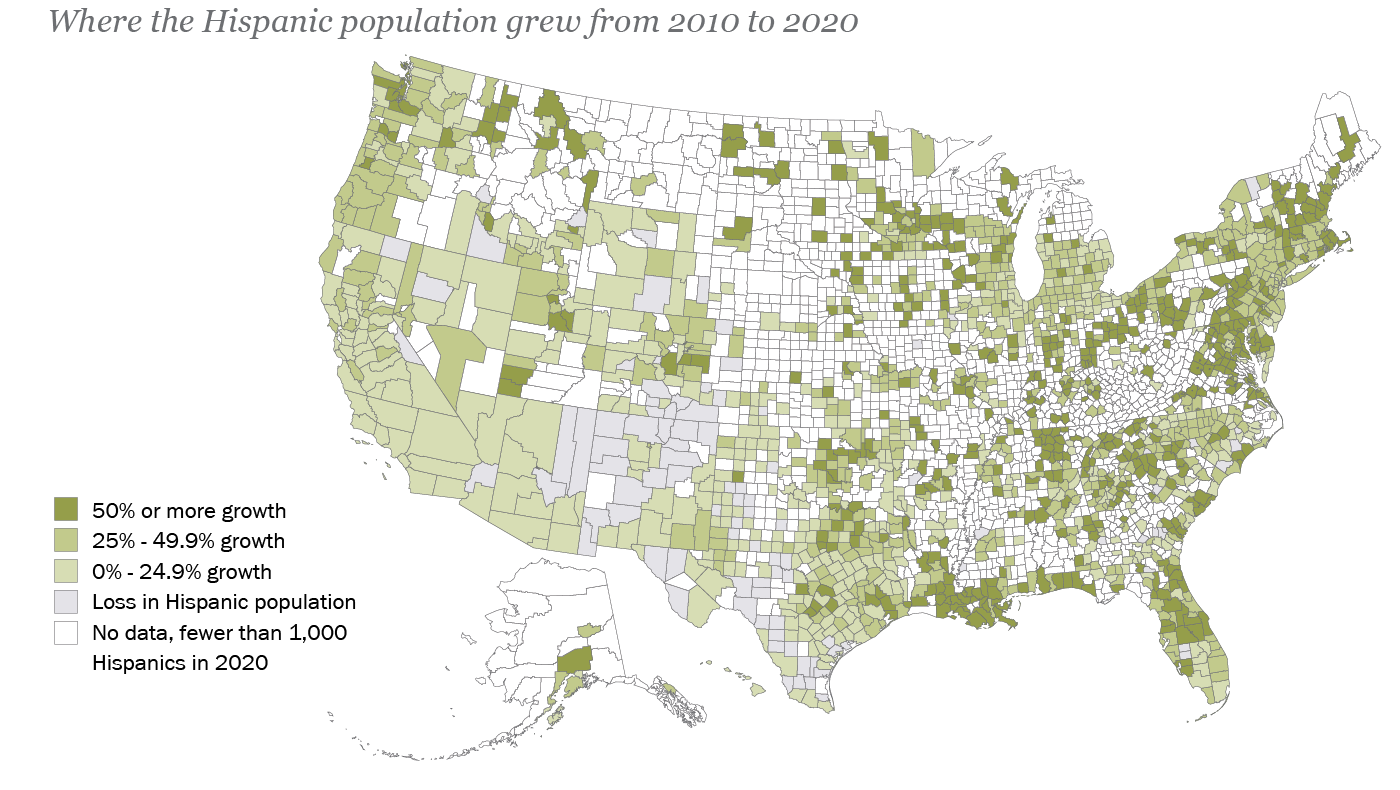A major narrative in the US media (CNN, NYT, MSNBC, WaPo, just to name a few) these days is that of the ‘Lost Generation’, i.e. those recent college graduates who, unable to find jobs and saddled with debt, are returning to live at home after graduating college. A whole slew of articles has been written about the impact this is having on the US economy and psyche of those impacted – parent and graduate alike.
This narrative is striking and popular because here in the United States, it runs counter to the traditional narrative of ‘success’ for a young person, i.e. go to school, graduate, live on your own; in short, achieve independence early.
I wonder if the ‘young people living at home’ narrative would be news in Latin America. Culturally, the United States and Latin America are very similar. But when it comes to young people and the concept of independence, it is one instance where the two regions could not be more different. In Latin America, it is common for 20 (and sometimes even 30)-somethings to live at home during and after university. Affordability of housing is an important factor, but cultural reasons are equally important: for young people (whether they are parents, pursuing degrees, or already graduated), living with one’s family in Latin America does not carry the negative connotation that it does in the United States.
I should note that this is not a uniform belief in the United States. Hawaii (admittedly a cultural anomaly compared to the mainland, but part of the US nonetheless) has the highest percentage of multigenerational families living under one roof because of yes, high prices for real estate there, but also because it is culturally accepted that multi-generational families live together. I recall a story when I worked as a summer intern at Maui Youth and Family Services about a multi-generational family of 18 living in one house. A less exaggerated version of this story would not seem out of the ordinary, for example, for households of immigrants with 1st-generation children born and raised in the United States,
Yet these stories are not the nation’s cultural norm. There is significant Census data backing it up, (although other, stronger, and potentially more disruptive Census data do not seem to get as much ink, and the unemployment rate for those with Bachelor degrees is half the national average), but the narrative persists because it flips a perceived norm about youth and success in the United States on its head. A glance south could provide some perspective.

Reply